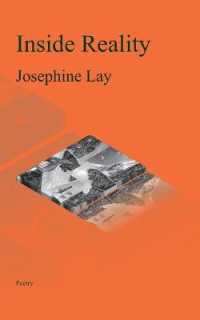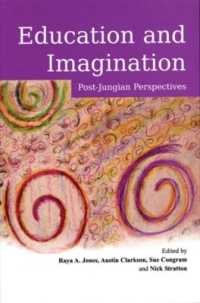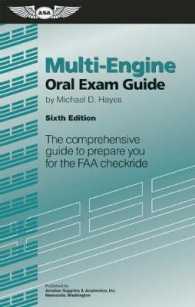- ホーム
- > 洋書
- > 英文書
- > History / World
Full Description
The murder of at least one million Armenian Christians in 1915-16 and of some six million Jews from 1939-45 were the most extreme instances of mass murder in the First and Second World Wars respectively. This book examines the development and dynamics of both genocides. While bringing out the many differences in the origins, course and nature of the crimes, it argues that both need to be placed into the context of the wider violent agendas and demographic schemes of the perpetrator states. In the earlier case it is important to consider the Ottoman violence against Assyrian Christians and Greek Orthodox subjects, and programmes of forced assimilation of non-Turkish Muslim groups, including many Muslims victimized by other states. In the later case, it is impossible to understand the development of the 'final solution of the Jewish question' without paying attention to Nazi policy against Slavic groups, the 'disabled' and Europe's Romany population.Both genocides, furthermore, need to be examined in the deeper contexts of the multi-causal violence resulting from the collapse of the eastern and southeastern European dynastic empires from the late nineteenth century, and from the establishment of new types of state in their aftermath.
Finally, the book explains why these two major genocides occupy very different places in our contemporary memorial culture. It argues that the memory politics of the Armenian genocide illustrate the very tight limits to what we can expect in the way of meaningful international concern for ongoing genocides. Meanwhile, the instrumentalization of the memory of the Holocaust can actually inhibit self-criticism on the parts of the western states that increasingly foreground Holocaust memorial days and museums in their civic education.








